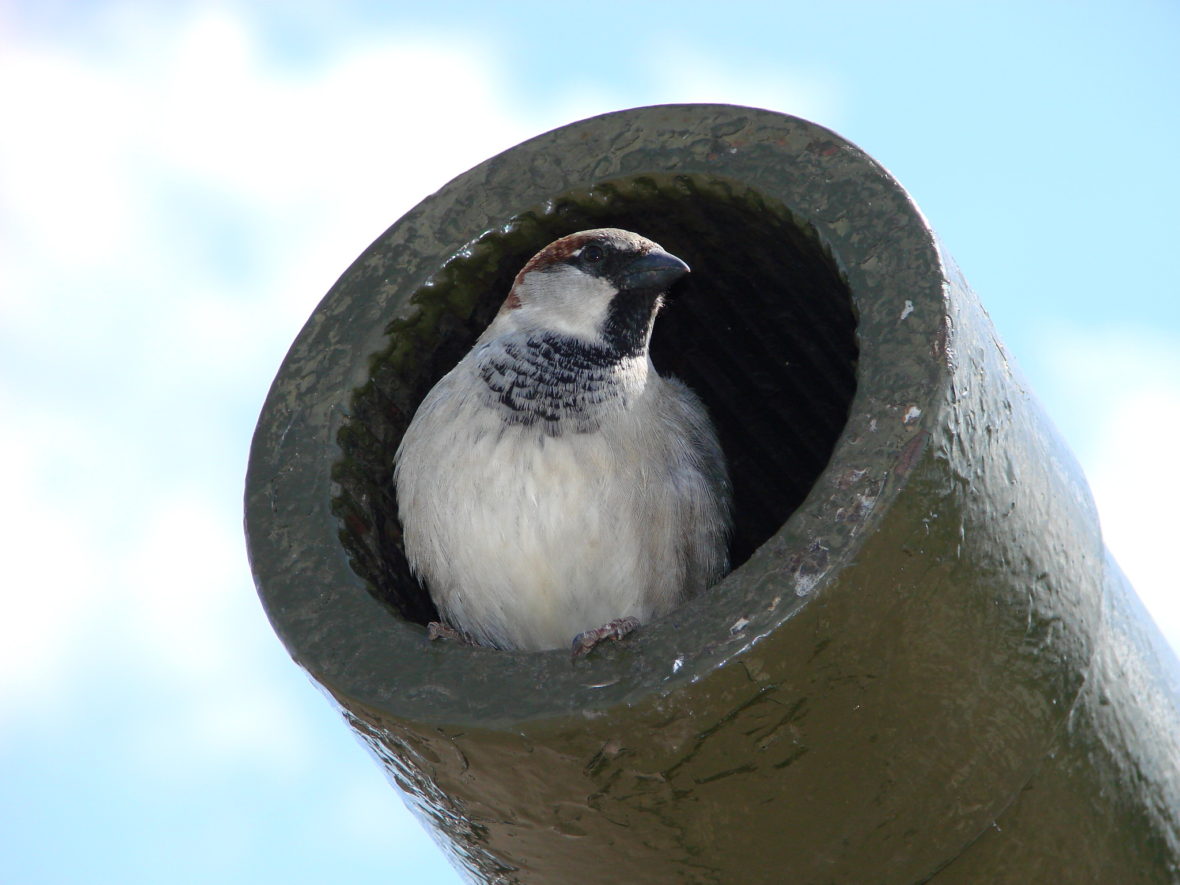By now, my Facebook friends have hashed over and derided Matthew Walther’s opinion piece “Poetry Died 100 Years Ago This Month” in the Dec. 29, 2022 New York Times. Several have noted that Walther is editor of The Lamp, a conservative Catholic literary journal. For others, Walther’s nostalgia over his youthful enthusiasm for Eliot may recall Donald Hall’s observation that many a critic’s lament that poetry is dead is simply a lament for their own lost youth.
Walther positions a few straw men to knock down before getting to the heart of his argument. He raises the idea that “high modernist poets and their followers produced works of such formidable difficulty that the implicit compact between artist and audience was irrevocably broken” before dismissing it as the main cause of poetry’s death. Anyone scanning YouTube videos of Robert Pinsky’s Favorite Poem Project will also dismiss the idea that modern and contemporary poets have no audience; listen to Dahlia Nayar recite Jaswinder Bolina or eight-year-old Katherine Mechling deliver Roethke.
No, the culprit in this game of Clue is us. We’re no longer mystics who see nature as the “dwelling place of unseen forces,” and we don’t look at the natural world as anything but “an undifferentiated mass of resources to be either exploited or preserved.” Tell this to anyone who lives in Ft. Myers Beach, or Buffalo, N.Y. Tell this to the citizens who visit a national park or venture thirty miles offshore to see a whale. Nature still provokes awe, and awe is nothing to be trifled with.
But the capstone to Walther’s argument is that Eliot has already exhausted everything to be said about modern life. All poetry post-Eliot is simply a gloss on The Waste Land’s litany of 20th century “anxieties…and the sense of mechanized horror” that continues to define the second millennium. Since there’s nothing new under the sun, there’s nothing new to write. Ergo, poetry is dead.
This is a very Eurocentric view of an American poetry that embraces many traditions. It ignores the re-vision of history and national myth that has energized so many American poets. Static and teleological, Walther’s argument also denies the transforming energy of influence. Is Allen Ginsberg’s poetry less––and less original––because it could not exist without Whitman’s? It wouldn’t surprise me if the 100th anniversary of the publication of “Howl” stirs a broader celebration than this year’s commemoration of The Waste Land.
Walther also assumes that we know today who tomorrow’s “greats” will be. Keats was not Keats during his lifetime. And I suppose Walther could also claim that Ulysses killed the novel, since every fiction writer is indebted to Joyce and no novel since is celebrated with its own annual “day.” But who knows what hybrids of poetry, collage, Instagram, holograms, and VR will come to pass? I’m sure some living poet is working on these possibilities as I write.
